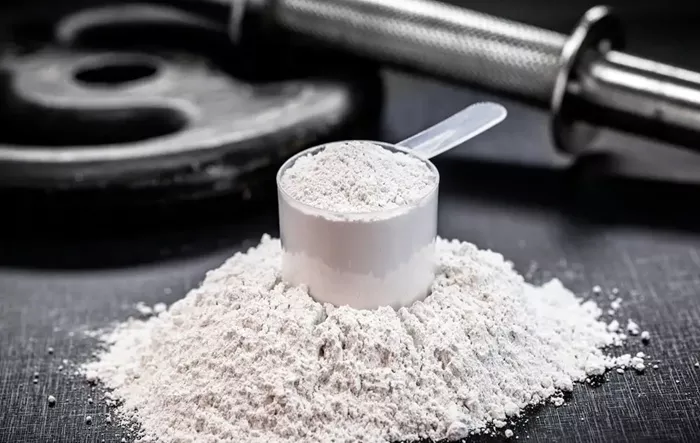Creatine is widely known as a go-to supplement for athletes looking to build strength and power. But recent research shows it offers far more than just fitness benefits — it plays an important role in overall health for people of all ages.
Dr. Richard Kreider, a professor and director of the Exercise & Sport Nutrition Lab at Texas A&M University, has studied creatine for over 30 years. He explains that creatine is a natural compound stored in muscles, where it combines with phosphate to create energy needed by cells, especially during times of stress such as exercise or illness.
“When the body is under stress, creatine phosphate helps keep energy levels stable in the cells,” Dr. Kreider says. “This means creatine supports not only exercise performance but also important protective health benefits.”
How Much Creatine Do We Need?
Our bodies produce about one gram of creatine daily, but experts recommend consuming two to four grams per day based on your muscle mass and activity level. The problem? Most people don’t get enough creatine from food alone.
Meat and fish are the richest natural sources. For example, you’d have to eat about a pound of red meat or salmon to get one gram of creatine — which can be expensive and calorie-heavy. This is why creatine supplements are especially valuable for vegetarians, vegans, or anyone who doesn’t regularly eat meat or fish.
For athletes, a common approach is to “load” muscles by taking five grams of creatine four times a day for one week. After that, a daily dose of five to ten grams helps maintain creatine stores. This not only boosts muscle energy but also supports brain function and recovery.
Benefits for All Ages
Creatine isn’t just for athletes. It’s important for healthy aging, helping older adults maintain muscle strength and cognitive health. In young people, low creatine intake has been linked to slower growth, lower muscle mass, and higher body fat.
Is Creatine Safe?
Concerns about side effects like bloating or cramping often circulate online, but Dr. Kreider and his colleagues reviewed 685 clinical trials and found no significant difference in side effects between creatine users and those taking a placebo.
In fact, creatine may help prevent cramping by aiding the body in retaining fluids. Despite myths and misinformation, the evidence clearly shows creatine is safe for almost everyone.
Dr. Kreider and other experts recently urged policymakers not to restrict access to creatine, emphasizing its proven safety and broad health benefits.
“There’s no reliable data supporting the negative claims about creatine,” Dr. Kreider said. “It’s safe and beneficial for everyone — not just athletes.”
Read more:
- When’S The Best Time To Take Creatine? Before Or After A Workout?
- The 7 Best Creatine For Men Over 40
- Top 4 Creatine Options For Men Over 50: Strength, Energy, And Health Benefits


